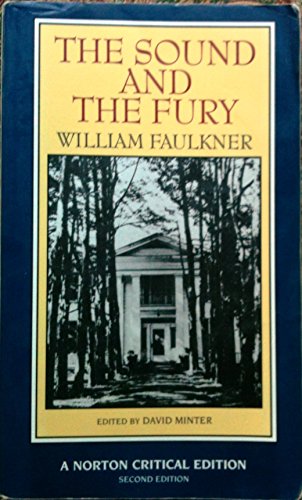Synopsis
"Backgrounds" begins with the appendix Faulkner wrote in 1945 and sometimes referred to as another telling of The Sound and the Fury and includes a selection of Faulkner’s letters, excerpts from two Faulkner interviews, a memoir by Faulknerís friend Ben Wasson, and both versions of Faulkner's 1933 introduction to the novel. "Cultural and Historical Contexts" presents four different perspectives on the place of the American South in history. Taken together, these works―by C. Vann Woodward, Richard H. King, Carolyn Porter, and Robert Penn Warren―provide the reader with valuable contexts for understanding the novel. "Criticism" includes seventeen essays on The Sound and the Fury that collectively trace changes in the way we have viewed this novel over the last four decades. The critics are Jean-Paul Sartre, Irving Howe, Ralph Ellison, Olga W. Vickery, Cleanth Brooks, Michael Millgate, John T. Irwin, Myra Jehlen, Donald M. Kartiganer, David Minter, Warwick Wadlington, John T. Matthews, Thadious M. Davis, Wesley Morris and Barbara Alverson Morris, Minrose C. Gwin, André Bleikasten, and Philip M. Weinstein. A revised Selected Bibliography is also included.
About the Authors
William Faulkner (1897–1962) is the Nobel Prize–winning author of The Sound and the Fury and As I Lay Dying, among other works. These two novels were originally published by Liveright in the 1920s.
David Minter is Libby Shearn Moody Professor of English at Rice University. He is co-editor of The Harper American Literature and The Columbia Literary History of the United States. He is author of Heirs of Changing Promise: A Cultural History of the American Novel, 1890–1940; William Faulkner: His Life and Work; and The Interpreted Design.
"About this title" may belong to another edition of this title.
